What are the regulations on the military discipline procedures in special cases in Vietnam? - Tu Trinh (Tien Giang, Vietnam)
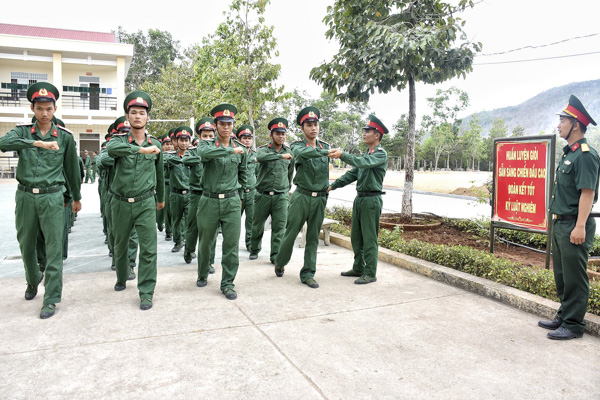
Military discipline procedures in special cases in Vietnam (Internet image)
1. Military discipline procedures in special cases in Vietnam
According to Article 42 of Circular 16/2020/TT-BQP stipulating the military discipline procedures in special cases as follows:
- In case the violator under his/her authority commits acts against orders or commits serious violations of law, the commander must take timely preventive measures and immediately report it to a competent superior.
- In case the violator fails to comply with the disciplinary review, the commander shall, based on the nature and extent of the violation, and at the request of his subordinates and mass organizations, convene a meeting of the commanding officer and committee at all levels to consider and decide on the form of discipline according to his/her authority.
- In case of being disciplined and stripped of the military title, commanders of units managing military personnel who are dealt with at the regimental level and above must send a person to send the disciplined soldier, together with all relevant documents, to hand over to the district-level military agency where the soldier resides (except for the case of desertion, where the soldier does not return to the unit or sentenced to prison by a court).
- In case a deserter is disciplined in his absence, the unit shall send a written notice of the handling method and a request for the violating soldier to return to the unit to the People's Committee of the ward, commune, or township, the military agency of the district where the soldier resides, and military families.
If after 30 days from the date of notification, the violating soldier still does not return to the unit, he will be considered to have been disciplined for this act but continue to commit the violation.
- In case law violators are prosecuted, prosecuted, or tried, commanders of regiments or equivalent or higher rank shall issue decisions that violators must not wear military uniforms while they are investigated, prosecuted, or tried by procedural agencies.
- In case the violator is dead, only the disciplinary violations shall be considered and concluded.
- In case a soldier violates discipline during the secondment period, the consideration and disciplinary action shall be conducted by the agency or organization employing the seconded soldiers and shall send all dossiers and disciplinary decisions to the agency or unit managing the seconded soldiers for military records.
- In case the violator transfers to another agency or unit in the Ministry of National Defense and discovers a disciplinary violation while working at the old agency or unit, the former agency or unit shall conduct disciplinary review and send all records and disciplinary decisions to the agency or unit currently managing the violator for record keeping and management monitoring.
- In case the violator stops serving in the army and discovers that he has committed a disciplinary violation while serving in the army, the agency or military unit that has managed it shall consider and handle disciplinary action. .
2. Statute of limitations and time limit for disciplining in the army in Vietnam
The statute of limitations and time limit for disciplining in the army in Vietnam, according to Article 43 of Circular 16/2020/TT-BQP, are as follows:
- The statute of limitations for disciplinary action is a time-limit within which, upon the expiration of such a limit, the person committing the violation will not be considered for disciplinary action.
The statute of limitations for disciplinary action is 60 months from the time of the violation. If, within the statute of limitations for disciplinary action, the violator commits a new violation, the statute of limitations for disciplinary action for the old violation shall be recalculated from the time of committing the new violation;
+ The statute of limitations does not apply to:
++ Violations to the point of disciplinary deprivation of officer rank and military title;
++ Acts of violating regulations on internal political protection;
++ Acts of violation infringing upon national interests in the fields of national defense, security, and foreign affairs;
++ Acts of using fake or illegal diplomas, certificates, and certifications; and soldiers, civil servants, workers, and defense officials who are party members and commit violations to the extent that they must be disciplined in the form of expulsion.
- Time limit for disciplinary handling of military personnel, civil servants, workers, and defense officials is the period from the detection of a disciplinary violation until a decision on disciplinary action is issued by a competent agency or organization.
The time limit for disciplinary action is 3 months. In cases containing complicated circumstances that require examination, verification, and clarification, the time limit for disciplinary handling may be extended but must not exceed 5 months.
- In case the discipline violator is related to the case or cases being investigated, prosecuted, or tried by procedural agencies, during the investigation, prosecution, or trial, the unit temporarily suspends the consideration of disciplinary action.
When there is a final conclusion by a competent legal authority or a legally effective court judgment, disciplinary action will be considered according to regulations. The time limit for disciplinary consideration and handling shall be applied according to Clause 2, Article 43 of Circular 16/2020/TT-BQP.
- Persons competent to take disciplinary actions must be responsible for taking disciplinary actions against violators within the prescribed time limit.
Quoc Dat
 Article table of contents
Article table of contents
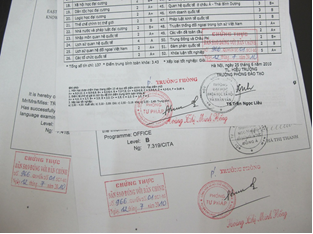
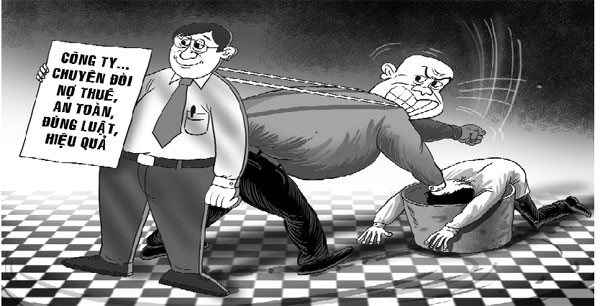
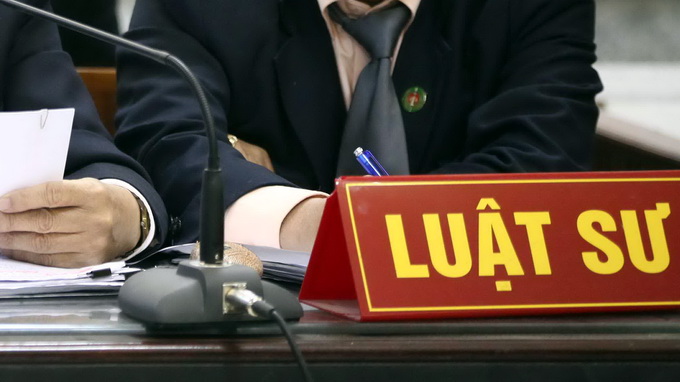
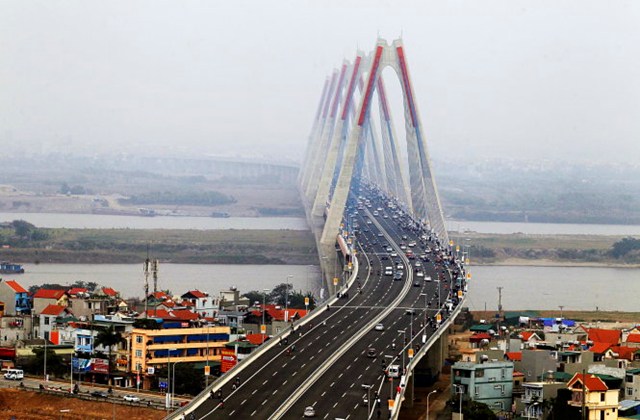
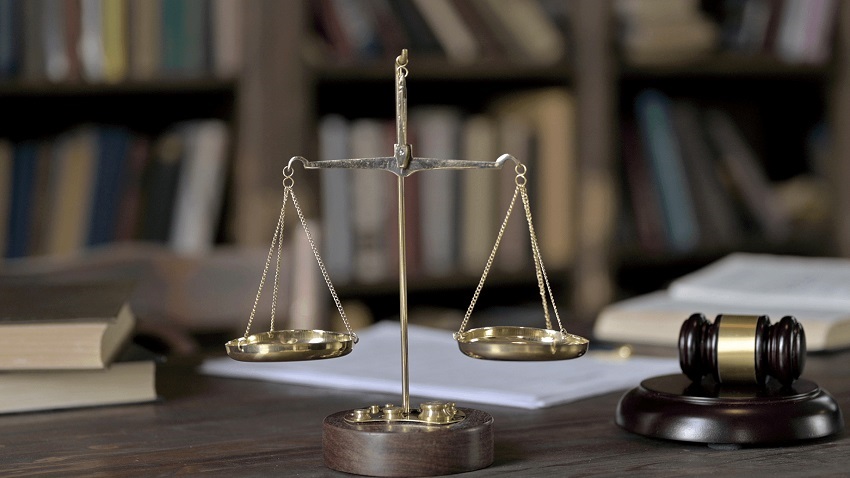

.Medium.png)
.Medium.png)
.Medium.png)
.Medium.png)
